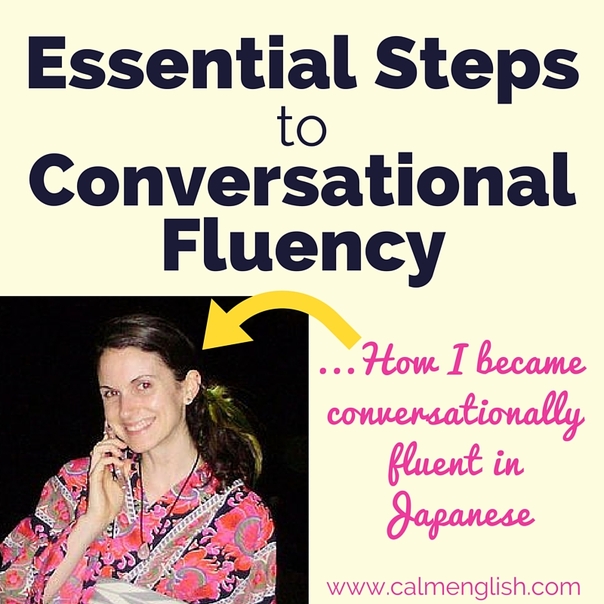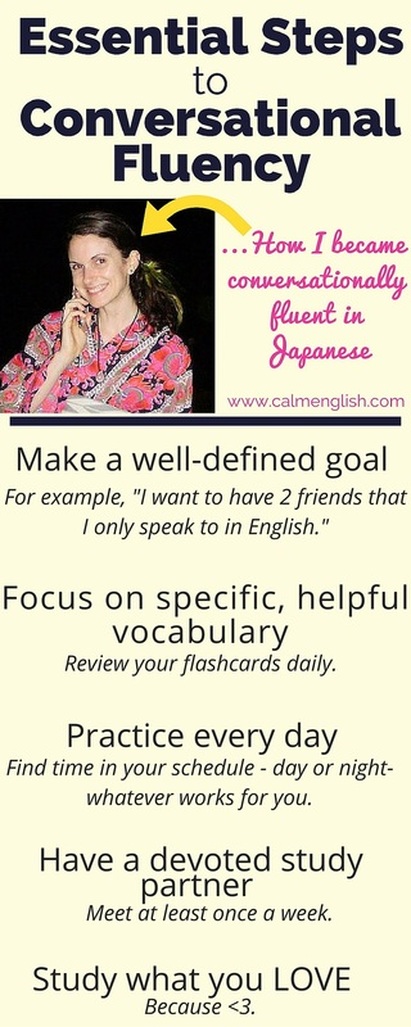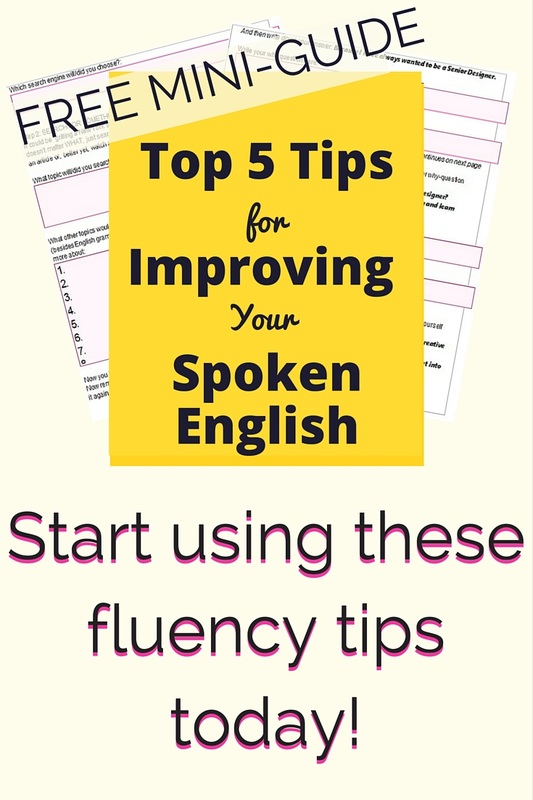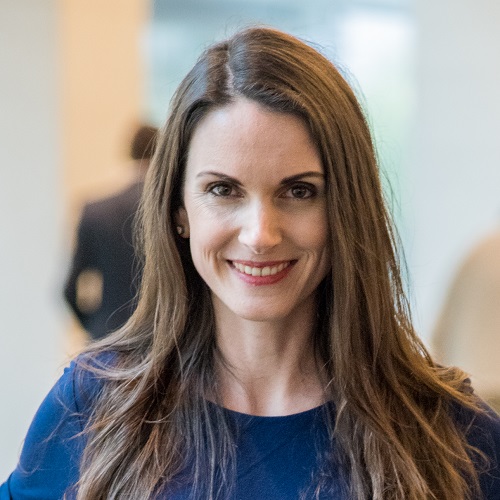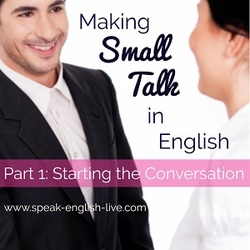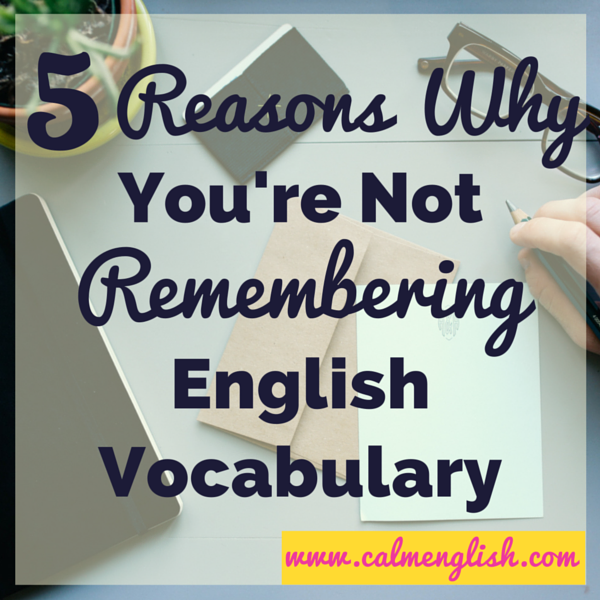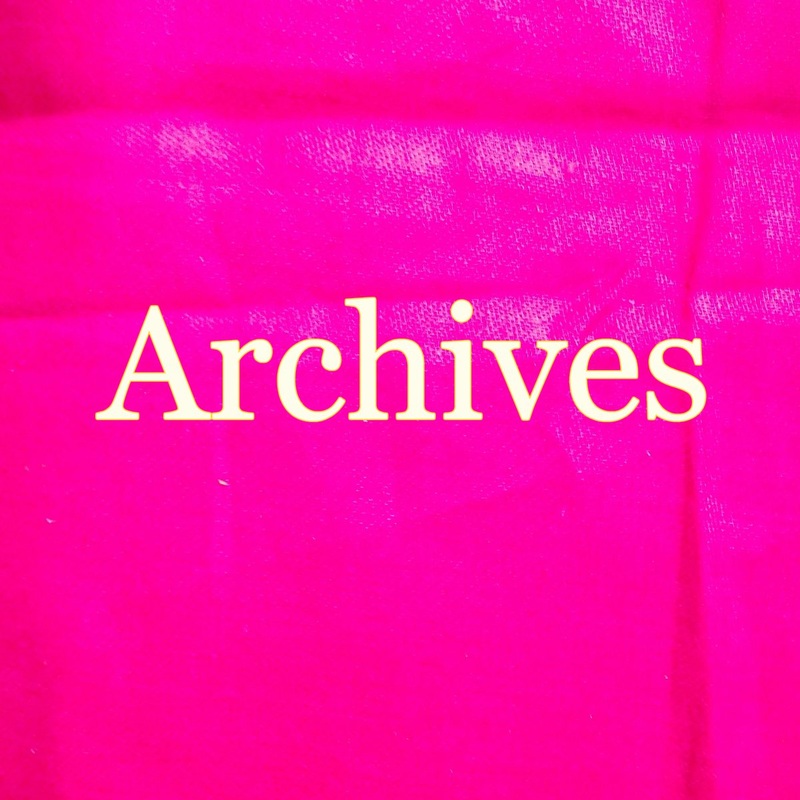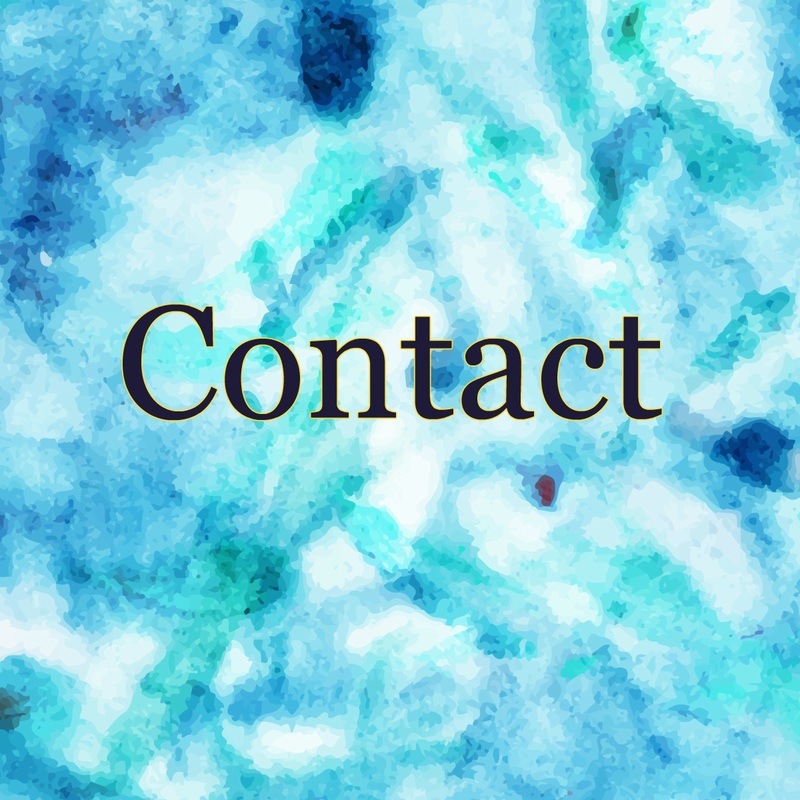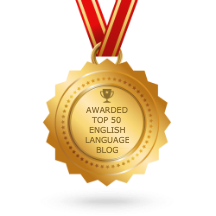|
Like this article? Share it!:
. DISCLAIMER: I worked really hard to become conversationally fluent in Japanese. I am no longer fluent (I'll leave THAT story for another time), but when I was at my peak and speaking really well and easily, I really only used a few essential steps to get to that point. Even though I put in a lot of hard work and hours to learn to speak another language, it only took a few steps. Really! Just a few steps! I want to share these steps with you. I want to share what I did. Maybe this will work for you, maybe not. But I hope it will be helpful to hear my story. Here are the essential steps that I focused on to become conversationally fluent: I HAD A TRUE, WELL-DEFINED GOAL When I was learning Japanese, my goal was to have friends that spoke very little or no English. You could make your own specific goal be something like:
Whatever your big goal is, keep it in your mind for the days that you don't want to study. Write it on a piece of paper, make it into an image for your desktop, put it on a post-it on your mirror - place it somewhere you will see it. Remember to break your big goal down into little goals. For example, you might also define your goal as something like this: "I want to be able to talk about my favorite hobbies, politics, parenting & travel with my boss/friends." The topics don't matter. They can be about whatever you are interested in. Then focus on studying those conversations, vocab. and grammar. Study one topic at a time, and little by little you will reach your big goal. I did this by learning (one-by-one and s.l.o.w.l.y) all the vocabulary I needed to talk about my favorite topics at the time. First I studied about Japanese food, then about teaching English, then about asking common friendly questions, then about talking about traveling, then about making plans...you get the point. I focused on the specific, everyday words I KNEW I needed to have those friends that spoke no English. HERE'S HOW I REMEMBERED ALL THE VOCABULARY I NEEDED I brought little flashcards with me everywhere. EVERYWHERE! I wrote down words I saw when I was on the train. I wrote down phrases I heard in the restaurant. I wrote down words I wanted to remember later. I would pull out my flashcards while talking to friends and co-workers and say, "Is this how I write that?" ... "Can you say that again, please?" My friends would make fun of me - always with my little flashcards, but they stopped laughing when I learned to speak FAST. :) Now you can use paper flashcards or you can use apps. It's best to review all your essential vocabulary words in your down time. On your way to work, when you're waiting in line at the store, etc. I had my Japanese friends review my flashcards for me. You don't want to be studying something that's incorrect! You can do this too. Make your flashcards. Have your native speaking friends or tutor review them for you for accuracy. Or post your questions and flashcards somewhere like italki or on a forum like ESL Forum for corrections. I PRACTICED EVERY DAY I studied every day after getting home from work. And on most weekends. I studied one to three hours a day, avoided hanging out with only English speaking friends, put myself in all Japanese situations (parties, friends, events, travel) even when it was really uncomfortable. Figure out how to fit studying into your life - every day. EVERY DAY. Or at least every day during your work week. HAVING A DEVOTED STUDY PARTNER REALLY HELPED I had a great language partner when I lived in Japan, and he would speak only Japanese during "my time" and we would speak only English during "his time." You could also say we were "study partners", "language partners" or even "language exchange partners." Yes, definitely "language exchange partners" because I help him learn my language in exchange for him helping me learn Japanese. Here's what made my language exchange really work:
I was conversationally fluent in Japanese after about 6 months using these methods. Like I said at the beginning of the article though, I am not fluent any more. Stay tuned and I'll tell you that story next week! ONE MORE THING - LOVE The most important thing was that I LOVED studying. I LOVED STUDYING! I loved learning about the culture, new words, difficult grammar concepts, funny expressions and I loved interacting with people (my new friends!) and just being human and living with all the people around me. Here's a recap of the essential steps I took to become fluent: Which of these steps will you take this week? Set a goal and write in the comments below. Cheers and enjoy English! Sabrina
1 Comment
|
Click to Learn About
|
